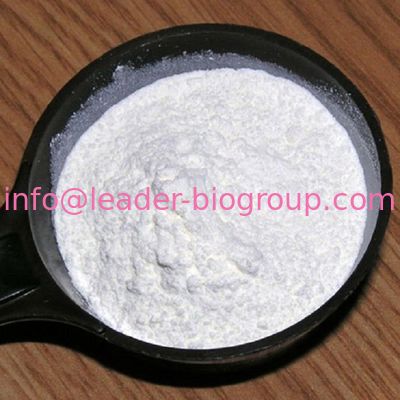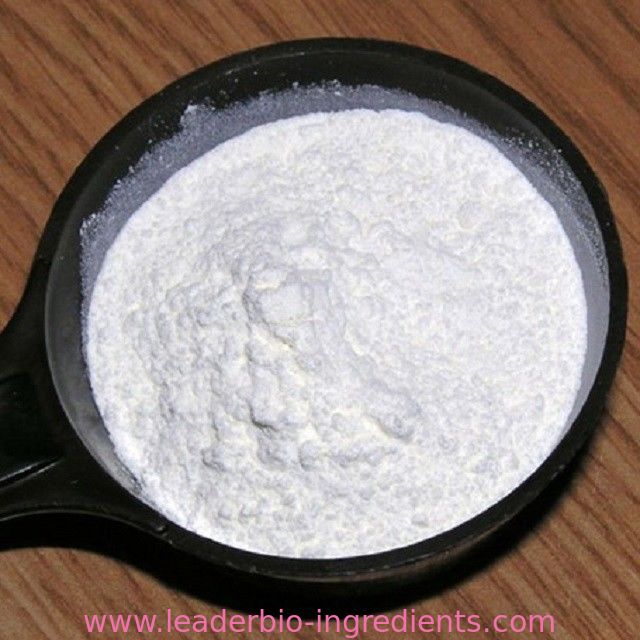| Uses |
ceramides is a family of naturally occurring lipids that act primarily in the skin’s uppermost layer, forming a protective barrier and reducing natural transepidermal water loss. Ceramides repair the stratum corneum layer in cases of dry skin, improve skin hydration, and increase the feeling of softness. They are beneficial for stressed, sensitive, scaly, rough, dry, aged, and sun-damaged skin. Ceramides play an essential role in the structure of superficial epidermal layers and form an integral part of the intercellular membrane network. They help generate and sustain the skin’s barrier function. This is extremely important: if the stratum corneum’s hydration is maintained, then it functions more normally in terms of flexibility and desquamation, its integrity is upheld, and the skin is less susceptible to irritation. Ceramide production decreases with age, accentuating any tendency to dry skin. When incorporated into a skin care preparation, the topical application of ceramides could benefit the stratum corneum if the ceramides manage to fill the intercellular spaces and if they are hydrolyzed by the correct extracellular enzymes on the skin. Such application also can stimulate ceramide production in the skin, thereby increasing the skin’s natural lipid content and reinforcing the skin’s protective barrier, measured through transepidermal water loss. Topically applied ceramides have been shown to capture and bind water, necessary for the skin to remain supple, smooth, and hydrated. natural ceramides are obtained from animals and plants. While ceramides can be synthetically manufactured, it is hard to obtain an identical equivalent to those found in nature, making them expensive raw materials. |

